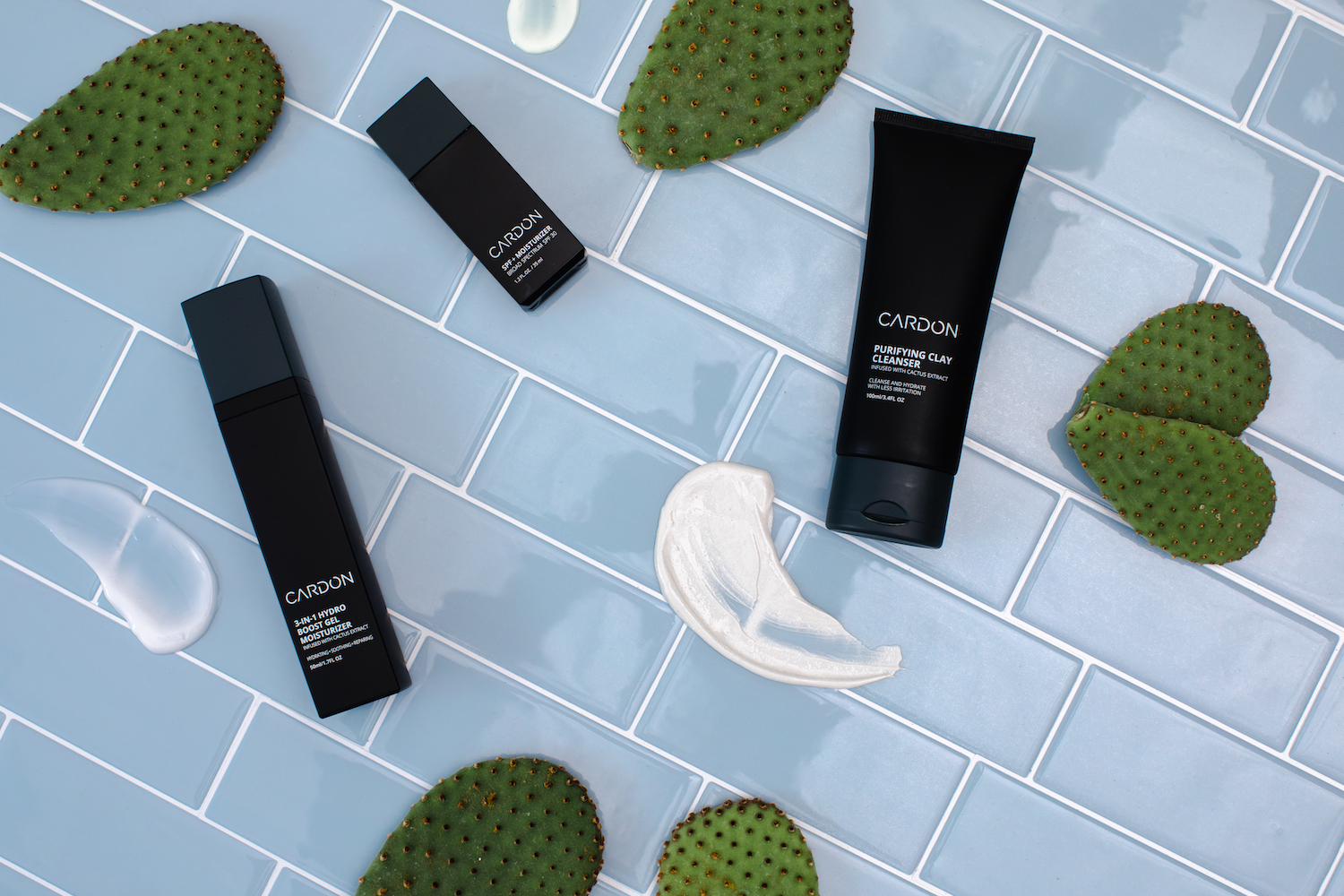
Cardon Created A Leading Men’s Sunscreen On Amazon. Now, It’s Looking To Build Its Brick-And-Mortar Business.
After scoring a $100,000 business grant by winning the Macy’s Workshop pitch competition, Cardon is looking to expand its retail reach.
The men’s skincare brand is in talks to launch at Macy’s, which would represent its major retail debut. Cardon is also participating in beauty brand Tower 28’s Clean Beauty School and receiving advice from industry experts on distribution strategy from its program. The brand is currently in brick-and-mortar at small boutiques and barber shops.
Amazon is a big sales driver for Cardon. The brand started on the platform shortly after its launch in July 2019. Narae Chung, who founded Cardon with Jacqueline Oak, wasn’t sold on Amazon initially. She says, “We wanted to own our customer database to build customer loyalty and communication first before expanding to additional retailers. We were concerned that expanding too quickly would hurt brand equity and inhibit our ability to share our brand story.”
Conservations with Cardon’s customers shifted Chung’s take on Amazon. “He saw us on GQ, came to our website, read about it and loved it, but then went to Amazon to purchase it,” she says. “I thought, oh my god, I must’ve lost so many customers this way. I need to provide what customers want and be where the customer wants to shop.”
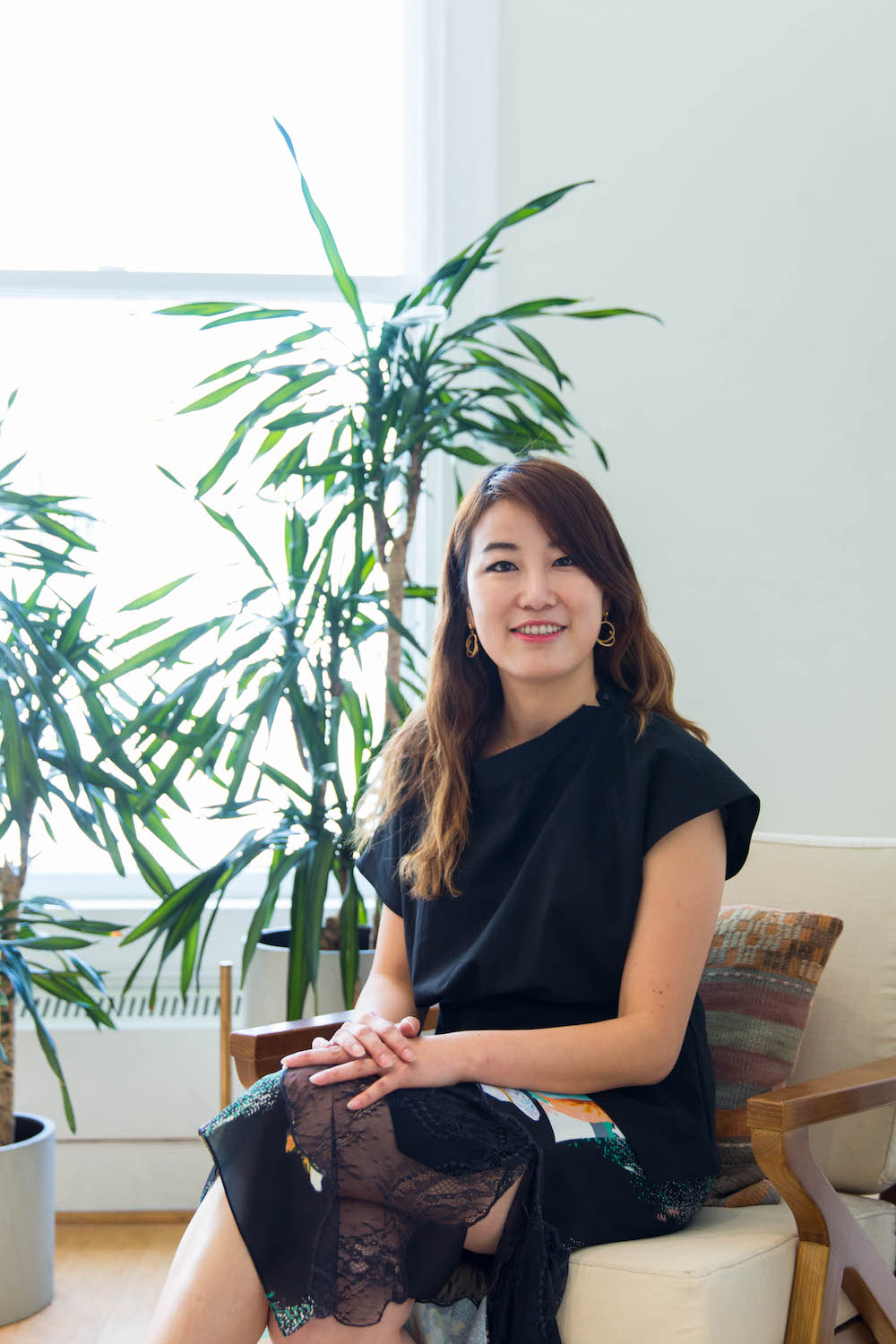
If consumers search for men’s sunscreen on Amazon, Cardon’s SPF + Moisturizer is the first product that pops up—and it was the first product Cardon released. Before its two-year development process, Chung didn’t realize that sunscreen is one of the more difficult products to formulate, she simply thought it’s the most important. Consumer research she conducted in 2017 showed men’s skincare shoppers feel the same about its importance. Chung says, “A lot of guys understand that they need to use a sunscreen every day because a dermatologist or their mom told them, but they said, ‘I hate using it because it’s sticky, greasy and smelly.’”
The feedback validated to Chung that Cardon’s South Korea-created lightweight and fast-absorbing sunscreen could be a winner with the men’s skincare audience in the United States. She says Cardon’s products are made by the biggest beauty manufacturer in South Korea alongside brands Amorepacific and Bobbi Brown. Originally from South Korea, Chung spent nine years there and did a stint in Singapore working at P&G, where she was brand manager for SK-II, Gillette and Olay. When she relocated to the U.S. to obtain her MBA at The Wharton School at the University of Pennsylvania, she discovered there weren’t high-quality, affordable skincare brands catering to American men in the same way there are catering to Asian men.
“I grew up in Korea where skincare is really ingrained in our culture and less gendered. Growing up my father had a full five-step routine,” says Chung. “When I was building Cardon, there was still some stigma around skincare, so I wanted to create a comfortable platform for men to find the right product to solve skin concerns.”
Aside from SPF + Moisturizer, Cardon’s product assortment includes Dark Circle Eye Rescue, Purifying Clay Cleanser, 3-In-1 Hydro Boost Gel Moisturizer, Prickly Pimple Patch, Cactus Foaming Shaving Cream, Hair Thickening + Strengthening Shampoo and Conditioner, Vital Body Wash, Swipe + Soothe Cactus Toner Wipes, Cactus Soothing Face Mask, Bamboo Charcoal Sheet Mask + Beard Oil and Matte Lip Balm. Everything is priced under $30.
Cardon’s customers are primarily millennial men between 25 and 40 years old. Women constitute 20% of its customer base, half of whom are buying for significant others. The rest are buying for themselves. Cardon’s customers’ chief concerns are shaving irritation, dark circles and hair loss. Dark Eye Circle Rescue is the bestselling product on the brand’s website, and the brand branched into haircare last summer with shampoo and conditioner designed for hair loss and thinning. Cardon turns to cactus extract to address irritation from shaving. The brand is named for the Cardon cacti, an enormously tall variety.
From 2020 to 2022, Cardon experienced a compound annual growth rate of 135%. It’s backed by South Korean venture capital firms Strong VC, Bon Angels and Mirae Asset Ventures. They’re convinced Cardon can stand out amid fierce competition in the men’s skincare and personal care space, where brands such as Harry’s, Apostle, Scotch Porter, Bevel, Jack Henry, Atwater and Blu Atlas have proliferated.
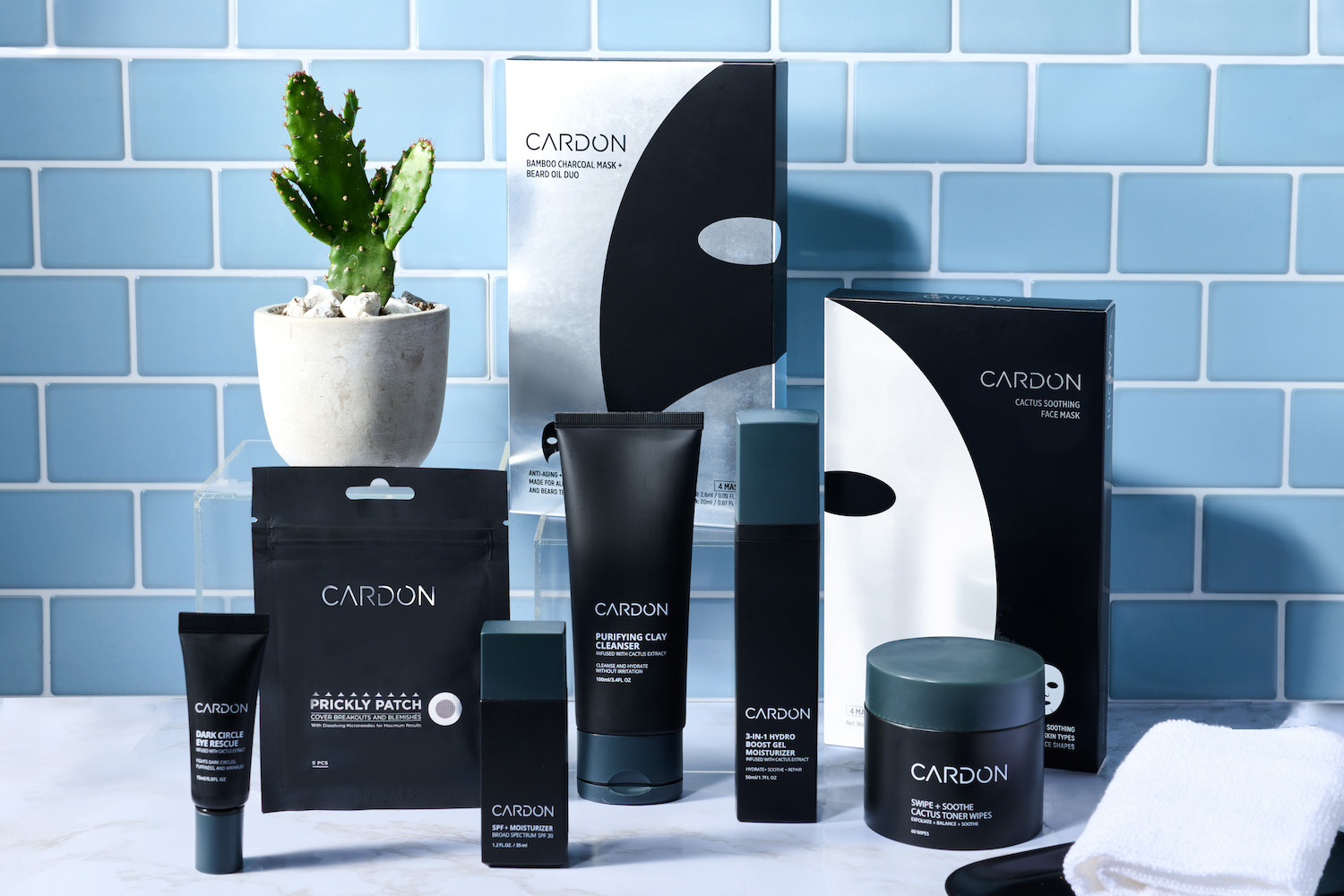
Despite the mounting number of brands, Chung believes education remains essential. Cardon pairs informational content with comedy. Chung refers to the approach as “edutainment.” She says, “When I worked for Gillette, we found that, even though men are shaving everyday, it’s really not their top interest. That’s usually their job or dating or sports. So, in order to catch their attention, we need to use humor.”
Chung compares Cardon’s brand voice to John Oliver “because he takes really difficult topics and explains them in an easy, understandable way.” Videos about the skincare secrets of K-pop stars perform well for Cardon. Chung says, “Because our product is rooted in Korean skincare, we try to think about how we can leverage Korean skincare tips or trends or K-pop stars.”
K-pop is tricky territory to navigate, though, because Cardon isn’t available in South Korea and the stars there don’t necessarily use the brand’s products. Chung hopes to change that in the future. “We want to expand beyond the U.S.,” she says. “Asia is a big market, Europe is also a big market. We want to be a global brand.”

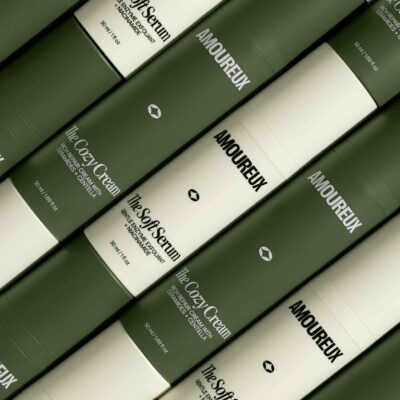
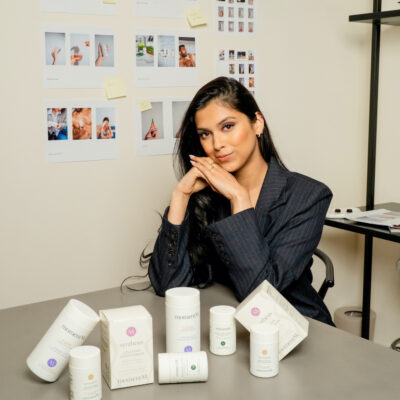
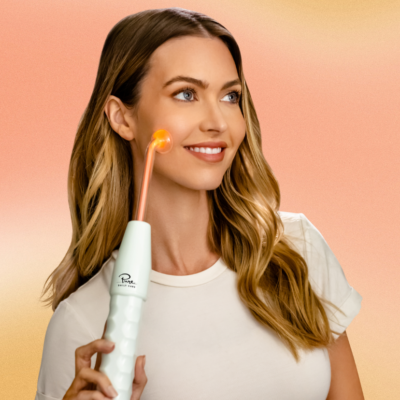
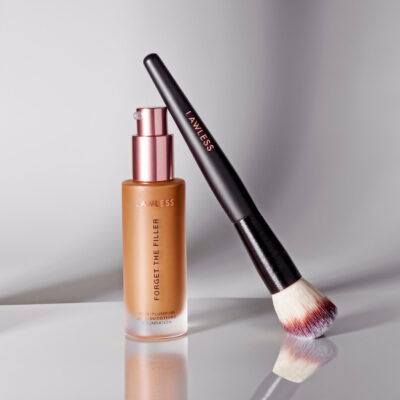
Leave a Reply
You must be logged in to post a comment.